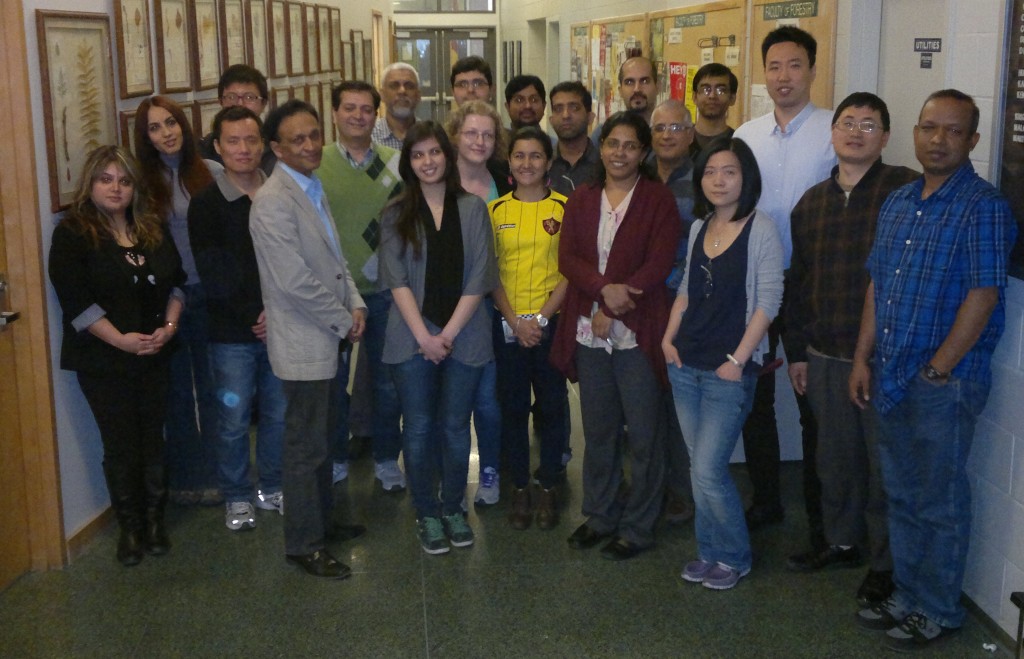Over the last century, Canada’s natural resource industry (forestry, mining and agriculture) played a significant role in nurturing Canada’s economic and social growth. Unfortunately, Canada’s forestry sector has experienced unprecedented cyclical and structural challenges over the better part of the last decade. These have significantly eroded our economic well-being, as well as posing new environmental challenges. The 21st century calls for more effective use of our natural resources, not only by pre-processing them but by adding further value to keep Canada in a leadership role in the industrial world. To achieve this goal it is of paramount importance that future research and innovation strategies strongly link Canada’s natural resource industry with manufacturing to create processes and products that are leading-edge, energy-efficient, and eco-friendly.
Due to the rapid advancement of nanotechnology in the biomedical sector in the past 10 years, it is anticipated that the next growth area for nanotechnology will be in developing energy-efficient processes and lightweight performance products for industrial applications. CBBP is working on a comprehensive research program to develop next-generation energy-efficient lightweight performance nanomaterials for industrial applications, including aerospace, automotive, biomedical and electronics uses, by utilizing our primary and secondary natural resources such as forest- and agro-residues. An array of novel hybrid nanomaterials and bench-scale prototype products has been developed, and the current focus is on scale-up operations to incorporate nano-biofibre entities into engineered plastics with exceptional functional properties. This research area will not only provide strategic advantages toward sustainable development of Ontario’s forest sector, but will also address the environmental issues to a large extent as these bio-based niche products have the excellent opportunity of carbon storage potential compared to their fossil fuel-based chemicals and plastics. The other important area of research at CBBP is focused on a biorefinery approach to tackle the tremendous challenges being faced by Canada’s pulp and paper industry in dealing with enormous quantities of sludge in a cost-effective and environmentally friendly manner. A number of sub-themes in this area are being worked out at the facility to transform residual biomass from pulp/paper effluent plants into value-added chemicals, bio-composites, biofuels, and formaldehyde-free wood adhesives. The positive outcomes from this research leading to scale-up commercial activities will ensure much needed financial assistance to the cash-strapped paper industry, provide extra jobs to adjacent neighborhoods and, at the same time, improve environmental health of communities by diverting huge quantities of sludge from going to landfills.
In the area of bio-based raw material development, three main research themes based on cellulose fibre, vegetable oil, and starch are being explored using state of the art indigenous technologies. Through an extensive research network, this centre has been able to develop innovative bio-resins and polymers through functional improvements on industrial crops and processing/separation of biological feed stocks.
Related Links:


